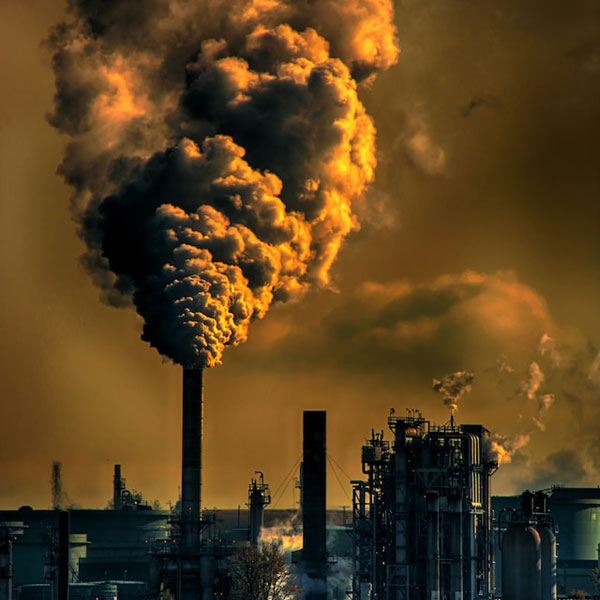COP28 ends with landmark deal for global shift away from fossil fuels

[Photo Credit to Unsplash]
The 28th UN Climate Change Conference, COP28, concluded in the United Arab Emirates with a groundbreaking agreement committing nearly 200 nations to a historic transition from fossil fuels, amidst a backdrop of mixed global reactions.
Held in the United Arab Emirates from 30 November to 13 December 2023, this pivotal summit focused on collaborative strategies to limit and prepare for future climate change impacts.
At the heart of COP28 was the unanimous decision to transition away from fossil fuels, aiming to achieve net-zero emissions by 2050.
Sultan Al Jaber, the summit's president, lauded the agreement as a robust action plan to maintain the crucial 1.5C temperature rise target within reach, marking it as an "enhanced, balanced, but…historic package to accelerate climate action."
Despite the groundbreaking nature of the deal, it was met with mixed reactions due to certain perceived shortcomings.
The final agreement lacked an explicit written commitment to phase out or phase down fossil fuels.
Instead, it called for a transition away from fossil fuels in energy systems in a manner that is just, orderly, and equitable.
Critics, including Anne Rasmussen from the Alliance of Small Island States, argued that the agreement did not go far enough in terms of emissions reductions and financial support for the most vulnerable. "The process has failed us," Rasmussen stated, underscoring the agreement's "litany of loopholes."
The deal was praised significantly mainly for its symbolic importance.
Prof. Johan Rockström from the Potsdam Institute for Climate Impact Research noted, “No, the Cop28 agreement will not enable the world to hold the 1.5C limit, but yes, the result is a pivotal landmark.”
John Kerry, the US special presidential envoy for climate, reinforced this view, acknowledging that the document sends a "very strong signal to the world."
Key aspects of the agreement include the reinforcement of the 1.5C goal, necessitating a 43% GHG emission cut by 2030 and 60% by 2035 relative to 2019 levels.
The deal also advocates for a tripling of global renewable energy and doubling of energy efficiency improvements by 2030.
However, a proposed statement that global emissions should peak by 2025 was dropped, with notable objections from China.
The agreement's complexity was highlighted by the UN climate conference's consensus process, where developed countries advocated for a phase-out of unabated fossil fuels while oil-producing nations like Saudi Arabia resisted terms that directly referenced reducing fossil fuel production and consumption.
As nations prepare for COP29 in Baku, Azerbaijan, the COP28 agreement stands as a critical milestone in the global shift towards a less fossil fuel-dependent future.
However, the true test lies in its implementation and the global community's dedication to actionable climate strategies.
The formidable challenge now lies in effectively transforming the lofty, ambitious goals articulated in Dubai into concrete, measurable actions and steadfast commitments.
Hence, the COP28 summit stands as an important, though nuanced, stride in the complex pathways of global climate dialogue, signifying a critical juncture in the arena of global environmental diplomacy.
It reflects a growing recognition of the urgent need to transition away from fossil fuels, balanced with the pragmatic and diverse interests of participating nations.
The success of this agreement will ultimately be measured by the effectiveness of its implementation and the extent to which it spurs concrete action in the fight against climate change.

- Jason Ha / Grade 12
- Fairfax Christian School

![THE HERALD STUDENT REPORTERS [US]](/assets/images/logo_student_us.png)
![THE HERALD STUDENT REPORTERS [Canada]](/assets/images/logo_student_ca.png)
